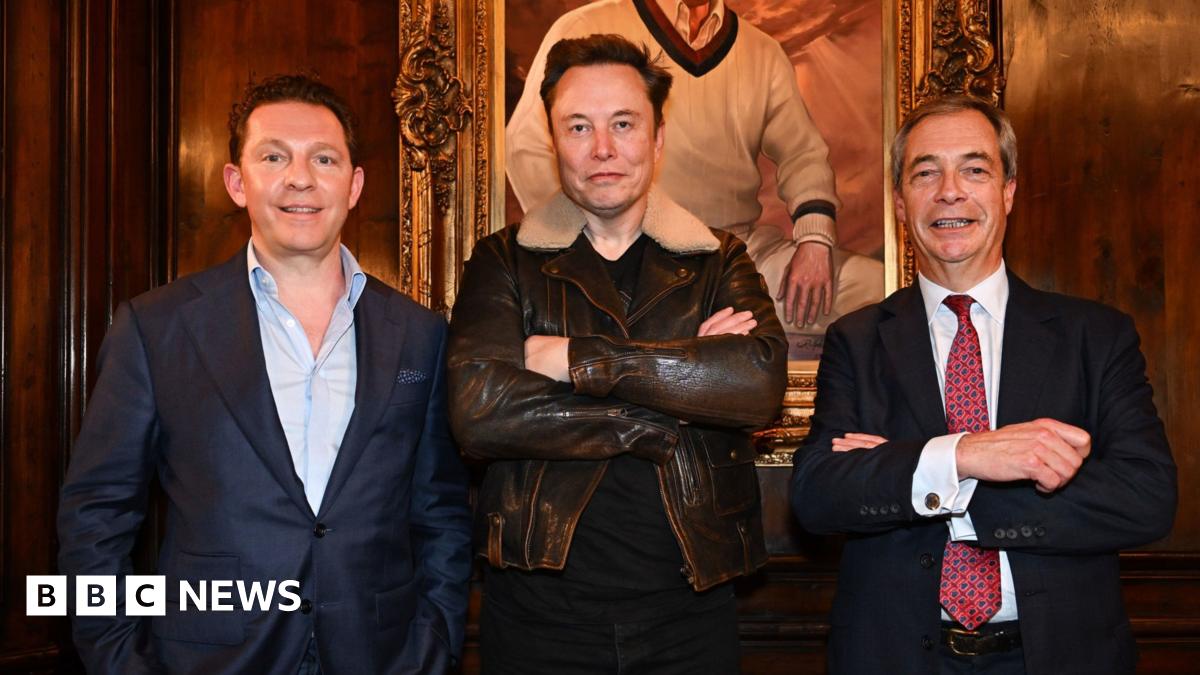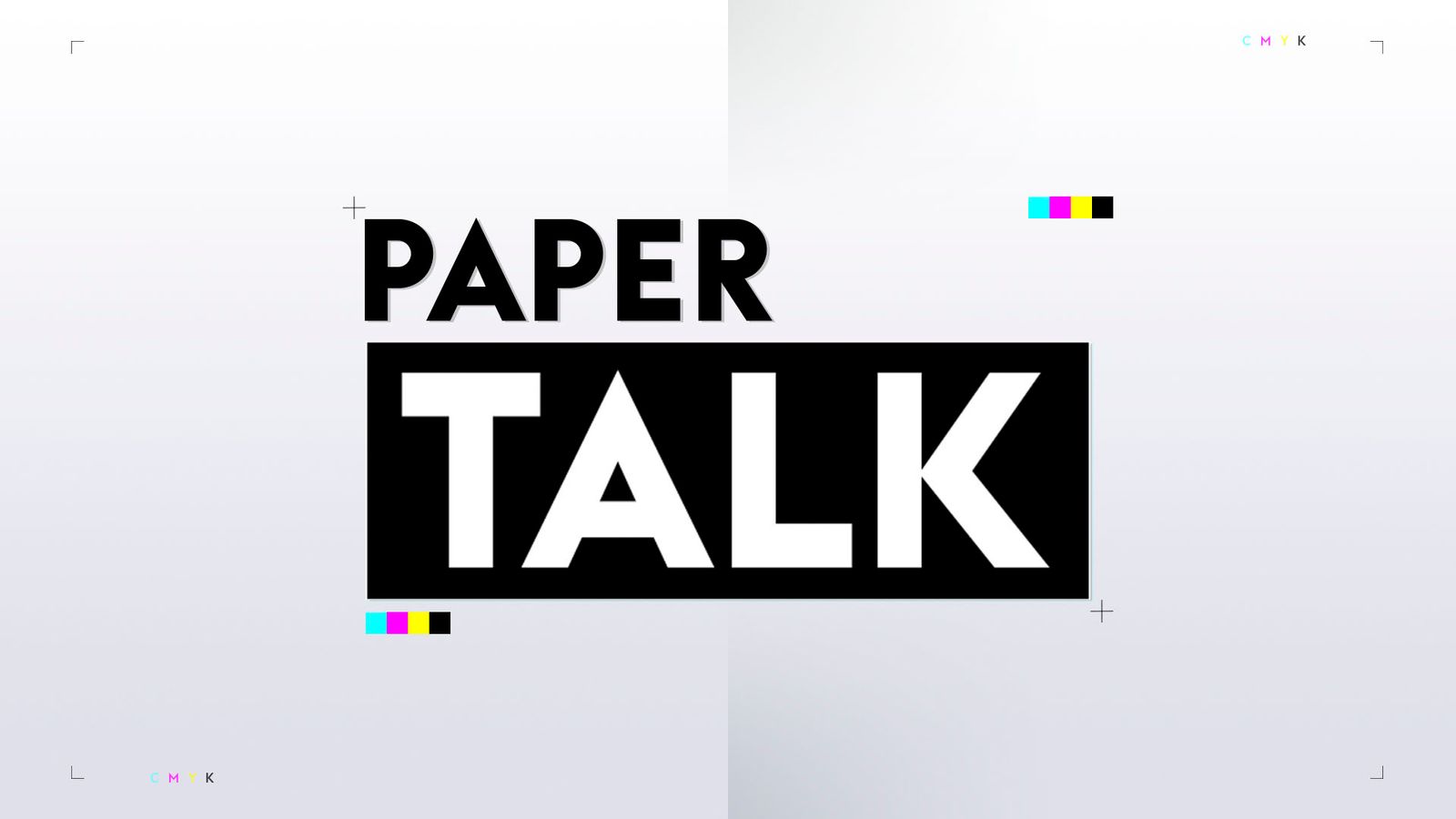World
Voting is open in the UK election. This is why we can’t really tell you about it
Voting will open on Thursday morning, local time, in the United Kingdom election, coinciding with a blackout rule over the nation’s media.
After months of being blasted with campaign messages, the millions of voters heading to the polls across the UK are waking up to a day of relative quiet.
The media blackout means Britons will not hear a peep about campaigns or opinion polls on election day from one hour before the polls open, which happens at 7am, or 4pm AEST.
At least on the television or radio.
Unlike Australia where politicians are free to appear in media coverage while voting is underway, in the UK there’s a blackout on broadcasting campaign issues and opinion polls.
The rules aren’t as strict for newspapers or online publications, but like other things in Britain, it’s considered polite to stick to convention.
So while the election gets underway and Britons have until 10pm to cast their votes, there is not much that local media can really say about the candidates, their policies or the polls.
What is the blackout?
Once the election has been called, the government, its ministers and civil servants are supposed to keep quiet about things that “might have an effect on the election campaign”, according to the UK parliament.
None of it is set out and specifically banned by law.
(Reuters: Toby Melville)
In classic British fashion it is all instead governed by “convention”, distilled down through institutions, due to a lack of a written constitution that could provide a legal framework.
On top of this, there are other rules that prevent broadcasters from delving too deeply into political issues or candidates from the moment voting places open at 7am local time until they close at 10pm.
The rules are in place so “that broadcast coverage on the day of an election does not directly affect voters’ decision”, the regulator, Ofcom, said.
Even more oddly, there aren’t any penalties for breaching the guidelines — for the media or those in ministries or the civil service.
University of Sydney media expert Rob Nicholls explained.
“If they did go against the convention, it would would be formalised into a regulation case,” Dr Nicholls told the ABC.
If formal regulations were to come in, it would cause unwanted scrutiny at subsequent elections and so the UK media sticks to the guidelines, he added.
The last newspaper opinion polls were published over the weekend, and as is tradition, many British papers have published what they call “leaders” — an editorial in the paper telling readers which way to vote, Dr Nicholls said.
Loading…
How is it different to Australia?
Firstly, in the UK there are no party faithful at polling booths trying to push how-to-vote cards into the hands of everyone pitching up to have their say.
Instead, the focus is on getting people to vote, as it is not compulsory in UK elections.
“In the UK, you’ll find people outside polling stations, but what they’re doing is asking your name,” Dr Nicholls said.
“Each of the political parties has a checklist of the people who said they would vote for them, so you try and see who’s turned out, and those people who haven’t turned out — you go and knock on their door to get them to turn out.”
In some instances, the doorknockers will also offer to escort people to vote.
“Anything to try and get out your vote,” Dr Nicholls said.
In Australia, political advertising on television and radio must cease three days before the election, but the blackout rules don’t apply to any election advertising in print, on a broadcaster’s streaming platform, on social media, or any other website or online platform.
Also in Australia the onus is on the political party, or the person speaking to the media, to stick to the rules.
In the UK, media are at risk of being in breach of the blackout rules.
And while there’s also the caretaker parliament convention in Australia, under which no major decisions are meant to be made or announced, politicians will be all over any media that is up for an interview.
They just need to be careful not to campaign too overtly.
“We would expect politicians to be speaking on election day,” Dr Nicholls said.
The main parties in the mix
Rishi Sunak’s governing Conservative Party, known to most as the Tories, picked up 365 of the 650 seats in the UK House of Commons in the last election in 2019.
The Tories have had five prime minsters during their 14 years in power, but with the cost of living crisis exacerbating hardship while the quality of public services plummets, there has been a lot of talk of a Labour landslide.
That would make Keir Starmer the next prime minister, as the leader of a party many pundits have said has been shifting back towards the political centre.
The Labour Party’s popularity has risen greatly under his leadership and it appears to be on course to pick up more than the 202 seats it did in 2019.
While the race is mainly between the two major parties, the UK’s third largest political force, the Liberal Democrats, are also in the running and will be looking to cash in on widespread dissatisfaction with the Tories.
Their leader, Ed Davey, has been busy during the six weeks of campaigning — hamming it up in a bid to gain traction and win more than the 11 seats his party bagged at the last election.
Reform UK leader Nigel Farage will be making his eighth attempt to secure a lower house seat in Westminster, while John Swinney will be hoping his Scottish National Party’s declining popularity doesn’t lead to significant losses to other parties.
Loading…
The final word from Sunak and Starmer
When he was allowed to talk about his pitch for prime minister, Sir Kier gave a simple warning against voting in another Tory government.
“Today, Britain can begin a new chapter,” Sir Kier said in a statement.
“But change will only happen if you vote Labour.”
Mr Sunak’s final message to voters was that a Labour government would increase taxes and leave the UK in a worse position.
“They will do lasting damage to our country and our economy — just like they did the last time they were in power,” he said.
“Don’t let that happen.”
UK pollster YouGov’s final seat projection, which was published on Wednesday ahead of the blackout, put Labour on track to win a majority of 212 seats — the largest of any party in modern history, Reuters reported.
How quickly will the result be known?
The way votes are counted is also different in the UK, which doesn’t have a preferential system.
Rather than counts being held at every polling station, as is the case in Australia, all votes in the UK are sent to a central location in each constituency before the tally begins.
Add in the UK media blackout, and it’s often not until the early hours of the day after the election that the first results start to be announced.
Loading…









